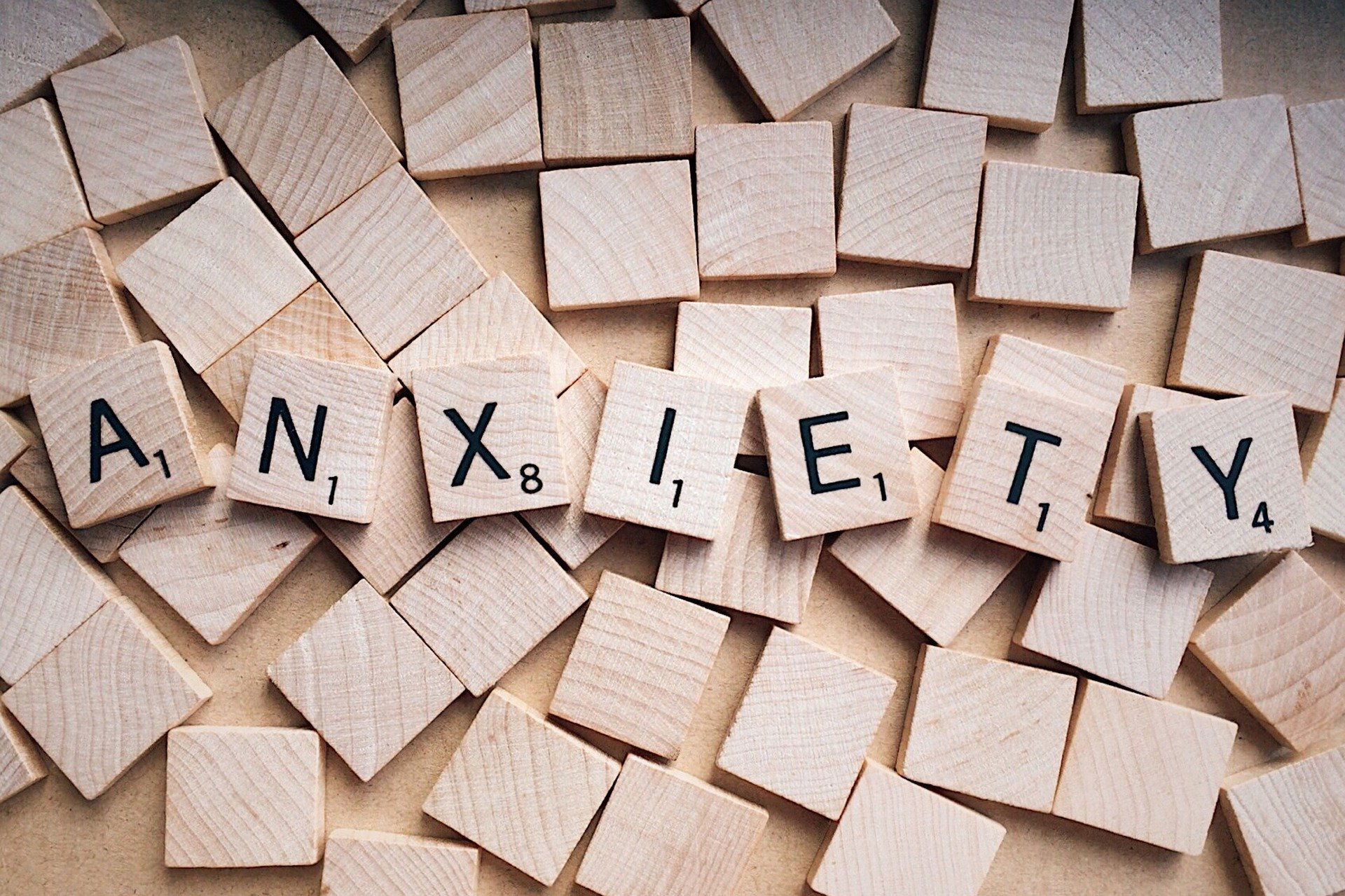What is Anxiety?

You’re getting ready to go shopping, it’s a lovely day, you’re not worried about anything. You arrive at the supermarket ... and suddenly a wave of anxiety engulfs you. Most likely you’ll have to make a dash for the toilets, and you may not even manage to stay and do your shopping.
It sounds strange, but anxiety attacks can happen when we’re doing perfectly harmless things, like shopping, walking, watching television, even lying in bed!
Of course, anxiety also occurs at times of stress. If you’re waiting for your child to come home and they’re late, you’re going to be anxious. That’s natural. It’s when anxiety is constantly with us, or when it’s set off for no ‘good’ reason, that it can become a problem in our lives.
The feelings we get from anxiety happen because of a complicated but primitive system in our body that involves the release of stress hormones such as adrenaline and cortisol. Long ago, when we had to fight to survive, those hormones were just what we needed when faced imminent danger. It gave us the power to fight or run.
Unfortunately, those same primitive feelings are set off in us today by much smaller events – sometimes thoughts and feelings that we're not consciously even aware. That’s why we can sometimes be puzzled about the reasons behind our anxiety attacks – there can seem to be no ‘trigger’ or cause for them.
So, what goes on in our body when we get that surge of adrenaline? Quite simply, our ‘threat’ system is activated – a bit like an inner alarm. Our thoughts race, which helps us to evaluate our situation quickly; our vision changes – it may seem to be sharper; our mouth goes dry; our heart beats faster, pumping more blood to our muscles in case we need to run; our hands may become cold as blood is pushed to major muscle groups; our muscles tense in readiness; our breathing changes, becoming quicker and more shallow – which can cause us to feel dizzy; we may need to go to the toilet; our palms become sweaty as our body tries to keep cool and be more efficient.
In many cases all this can happen just because of a thought. And once we’ve had that experience, our subconscious stores it and constantly stays on guard so that we don’t get into that situation again. This leads to ‘safety’ behaviour – avoiding something because it caused us anxiety in the past. Why would we want to experience that again? Unfortunately this can lead to a narrowing of our lives as we keep within our ‘comfort zone.’
So, what can we do about anxiety? Have a look at my 'Breathe to Beat Anxiety' article for tips on ways to cope when you get those anxious feelings. But the first step towards stopping them is to learn as much as you can about them. Start keeping a diary of your anxiety, and see what patterns emerge.